Ding Xuexiang, Member of the CCP Politburo Standing Committee and Vice Premier of the State Council. (Video screenshot)
People News - The recent absence of Ding Xuexiang, member of the CCP Politburo Standing Committee and Vice Premier, from several important events has sparked speculation.
For instance, although Ding is the vice premier in charge of technology, he did not attend the Artificial Intelligence (AI) Technology Summit held in Paris on February 10. Similarly, as the vice premier responsible for cultural, educational, and health affairs, he was absent from the opening ceremony of the 9th Asian Winter Games in Harbin on February 7.
Ding, born in 1962, is the only post-1960s member of the 20th CCP Politburo Standing Committee and the youngest among the seven members. Some believe he may be Xi Jinping’s potential successor because of his age.
During the 20th CCP Central Committee’s Third Plenum last July, media reports from both domestic and international sources suggested that Xi Jinping suddenly fell ill, rendering him unable to lead. This reportedly led to significant political shifts within the CCP. Notable signs included a reduction in the cult of personality surrounding Xi, the transfer or disappearance of Xi’s military loyalists, and the promotion of terms like “collective leadership” and “democratic centralism” in military reports—concepts previously de-emphasized under Xi’s rule.
It is possible that the issue of Xi’s succession was discussed among senior CCP leaders. Did Ding Xuexiang, following Xi’s illness, show ambitions of succeeding him? This remains unknown.
Currently, much commentary is focused on the question of Xi’s successor and whether Ding has landed himself in trouble for his ambitions. To provide context, let’s first review the CCP officials who have either tried to replace Xi or were seen as potential successors since he came to power, before discussing Ding.
So far, three high-ranking CCP officials who sought to succeed or were viewed as potential successors to Xi are now in prison: Bo Xilai, Ling Jihua, and Sun Zhengcai. Additionally, two others have been sidelined: Hu Chunhua and Chen Miner.
Bo Xilai, like Xi, is a second-generation CCP elite (or “princeling”) and once competed with Xi for the top position. Bo’s flamboyant nature, however, led to his downfall, paving the way for Xi’s smooth succession. Despite this, Bo was unwilling to give up and sought another opportunity to replace Xi.
At the time, Zhou Yongkang, then a member of the CCP Politburo Standing Committee and Secretary of the Central Political and Legal Affairs Commission, reportedly conspired with Bo Xilai, then Chongqing Party Secretary and Politburo member. Their plan was for Bo to replace Zhou as a Politburo Standing Committee member and head of the Central Political and Legal Affairs Commission at the 18th Party Congress in 2012. Afterward, they intended to launch a coup to remove Xi from power and install Bo as the leader.
However, their plans ultimately failed.
On February 6, 2012, Wang Lijun, former Director of the Chongqing Public Security Bureau, defected to the U.S. Consulate in Chengdu, revealing the “Bo Xilai-Zhou Yongkang coup” plot to the Americans. After learning of this, Xi Jinping and the CCP leadership arrested Bo Xilai on March 15, 2012. On October 25, 2013, Bo was sentenced to life imprisonment and imprisoned in Qincheng Prison.
Ling Jihua also dreamed of becoming Xi’s successor. According to Liu Yanping, former Secretary of the Discipline Inspection Commission of the Ministry of State Security, before the 18th National Congress, then-Director of the Central Office Ling Jihua conspired with Zhou Yongkang, then-Politburo Standing Committee member and Secretary of the Central Political and Legal Affairs Commission. Ling would support Zhou in transitioning to Chairman of the National People's Congress after the 18th Congress, and Zhou would back Ling for a spot in the Politburo Standing Committee to oversee party affairs and organization. At an opportune time, Ling would take over as Xi’s successor.
However, on December 22, 2014, the Central Commission for Discipline Inspection announced that Ling Jihua was under investigation for serious violations. On July 4, 2016, Ling was sentenced to life imprisonment and also imprisoned in Qincheng Prison.
Sun Zhengcai harbored ambitions of becoming the next leader. While serving as Politburo member and Chongqing Party Secretary, Sun dreamed of being Xi’s successor.
According to a 2018 Caixin Weekly report, Sun’s long-time mistress Liu Fengzhou once consulted a Taoist priest using Sun’s birth date. The priest predicted that Sun’s future would go beyond being a regional leader, hinting at greater heights. Liu then gave Sun a set of dragon robes. A source close to Sun said they saw a room in Sun’s home with nothing but a dragon robe hanging on the wall. Whenever Sun was home, he would bow to the robe daily.
However, on July 24, 2017, Sun was removed from office for serious violations. On May 8, 2018, Sun was sentenced to life imprisonment and sent to Qincheng Prison.
Hu Chunhua was once considered a potential successor. In 2012, Hu and Sun Zhengcai both became Politburo members at the 18th National Congress. Both, as post-1960s leaders, were the youngest Politburo members and potential candidates for the roles of CCP General Secretary and Premier. However, after Xi became the party leader at the 18th Congress, he changed the succession rules. Sun was arrested before the 19th Congress. Though Hu was re-elected as a Politburo member at the 19th Congress, he was excluded from the Politburo at the 20th Congress and only remained a Central Committee member. Despite his relatively young age, Hu was assigned to the Chinese People’s Political Consultative Conference (CPPCC), effectively retiring him.
Chen Miner was also once seen as a successor to Xi. Chen, a member of Xi’s “Zhejiang New Army,” was promoted to key positions after Xi became party leader. He served as Guizhou Party Secretary, then as Politburo member and Chongqing Party Secretary.
On October 15, 2019, Singapore’s Deputy Prime Minister Heng Swee Keat met Chen Miner in Chongqing.
Singapore’s Lianhe Zaobao reported that Heng said, “We hope this meeting will pave the way for the next generation of leaders in our two countries to strengthen bilateral ties.” This statement effectively implied that Chen was viewed as Xi’s successor, and Chen seemed pleased with the notion.
However, 2019 was a critical year for Xi’s bid for a third term at the 20th Congress. Xi had already decided, “Xi’s successor is Xi himself,” leaving no room for Chen. After rumors spread domestically and internationally about Chen’s potential to succeed Xi, Xi became increasingly wary of him. At the 20th Congress, Chen did not make it to the Politburo Standing Committee, remaining a Politburo member and being transferred from Chongqing to Tianjin as Party Secretary.
After the 20th Congress, Chen’s former subordinates in both Guizhou and Chongqing were investigated, further sidelining him.
Between the 18th and 20th Party Congresses, Xi Jinping neither appointed a successor nor tolerated potential challengers. Of the five mentioned—Bo Xilai, Ling Jihua, Sun Zhengcai, Hu Chunhua, and Chen Miner—three were imprisoned, and two were marginalized.
From Xi’s move to amend the constitution to remove presidential term limits and secure a third term, it’s clear he aims for lifelong rule, similar to Mao Zedong.
Under these circumstances, it has become increasingly difficult for high-ranking CCP officials to replace or succeed Xi.
Does Ding Xuexiang have the potential to become Xi Jinping’s successor?
From the perspective of favorable conditions, Ding has three advantages:
- Age advantage: Among the seven members of the Politburo Standing Committee, he is indeed the youngest.
- Close ties with Xi: From his time in Shanghai to Beijing, Ding has always served Xi and has a thorough understanding of Xi’s temperament, personality, and thoughts.
- Ties to Jiang Zemin’s faction: Ding worked in Shanghai for 30 years and was promoted by Jiang’s faction before Xi became the city’s Party Secretary. Currently, there are three high-ranking officials in the CCP leadership from Jiang’s faction: Wang Huning (Politburo Standing Committee member and Chairman of the Chinese People’s Political Consultative Conference), Zhao Leji (Politburo Standing Committee member and Chairman of the National People’s Congress), and Han Zheng (Vice President). If Xi suddenly becomes ill, falls critically ill, or is otherwise incapacitated, they might support Ding as his successor.
However, Ding also faces four disadvantages:
- Lack of local leadership experience: He has never served as the top Party or government official in a local region.
- Limited central leadership roles: Apart from the Central Office, he has never been the head of a central Party or State Council department, lacking experience in leading a ministry-level agency.
- Inability to command the military or security forces: Due to the above two experience gaps, Ding may not be able to command officials in charge of the military ("the gun") or security forces ("the knife"). For instance, even though Mao Zedong promoted Zhang Chunqiao to Politburo Standing Committee member, Vice Premier, and Director of the General Political Department of the military, many senior military leaders were still dissatisfied with Zhang.
- Factional rivalries: Ding may not be able to handle key high-ranking officials from Xi’s "Zhejiang faction," led by Premier Li Qiang, or the "Fujian faction," led by Cai Qi, the Politburo Standing Committee member and Secretary of the Central Secretariat.
Additionally, Ding Xuexiang is rumored to have had close ties with Yu Jianhua, the former Director of the General Administration of Customs, who recently passed away.
On the evening of December 11 last year, the official website of the General Administration of Customs announced that Yu Jianhua had "died suddenly from illness" on December 10 after unsuccessful emergency treatment. He was 63 years old.
Independent commentator Cai Shenkun revealed on December 11 on X (formerly Twitter) that Yu Jianhua had committed suicide in his office the previous night, just one day after being questioned by the Central Commission for Discipline Inspection (CCDI). Several other online sources reported that Yu had died from a self-inflicted gunshot wound, and his death was linked to the case of Sun Yuning, the former deputy director of the General Administration of Customs who fell from grace in September.
On December 12, 2024, Cai Shenkun claimed that Yu Jianhua’s appointment as the Director of the General Administration of Customs was connected to Ding Xuexiang, who is also from Jiangsu. Allegedly, the General Administration of Customs funneled huge profits to individuals associated with Ding every year.
If Ding Xuexiang is implicated in the major corruption case involving the General Administration of Customs, and Li Qiang and Cai Qi seize this opportunity, his chances of becoming Xi’s successor will be even slimmer.
Based on the above analysis, even if Ding Xuexiang has no connection to the General Administration of Customs’ corruption case, his likelihood of becoming Xi’s successor is still low. If he is implicated in the case, not only will he lose any chance of succession, but he may also face more significant trouble.
(Dajiyuan)

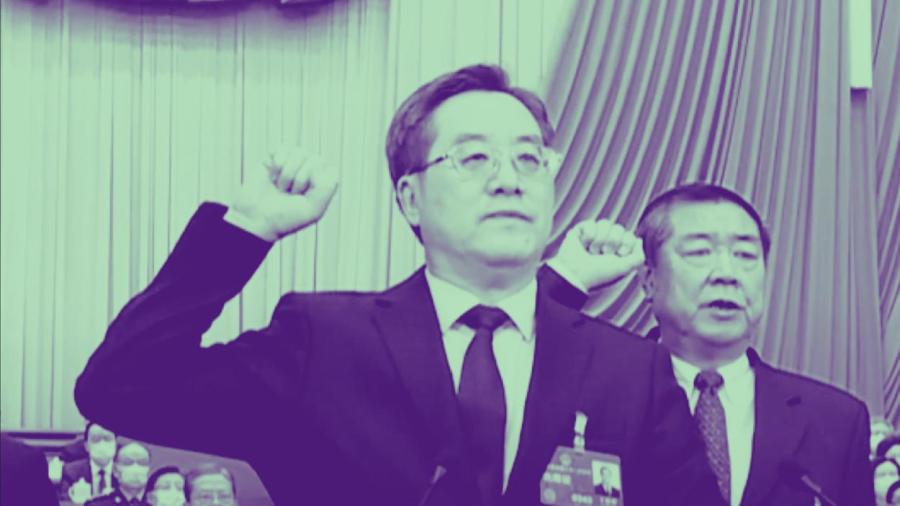
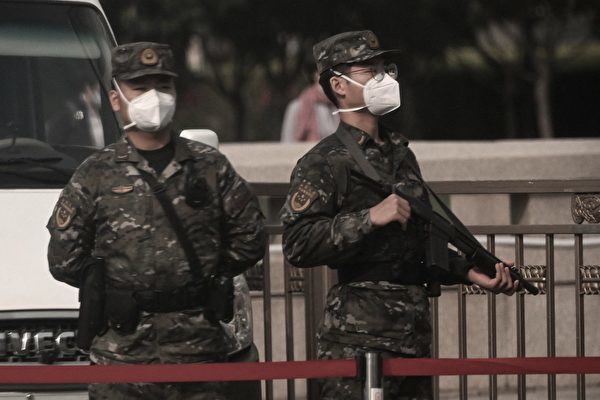
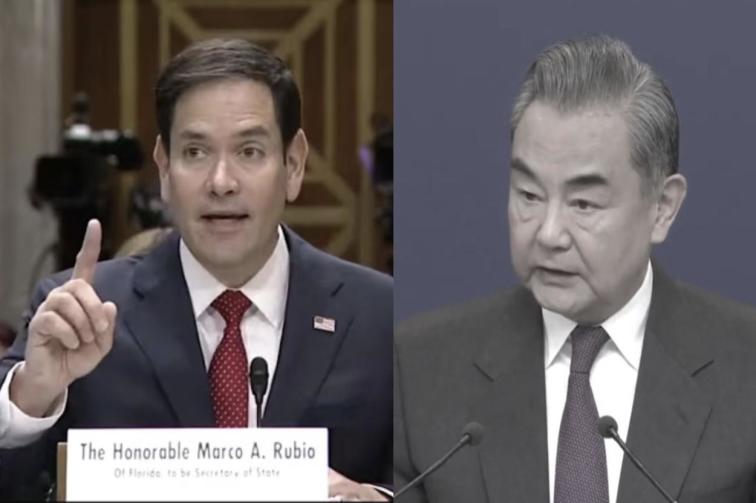
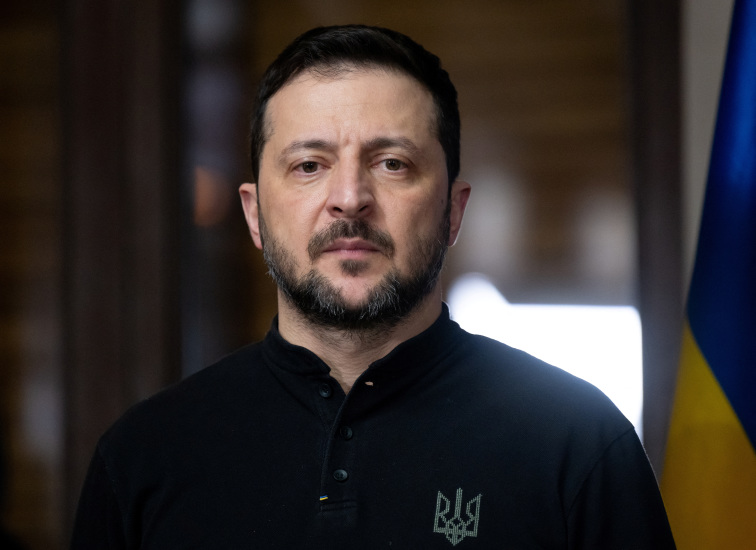
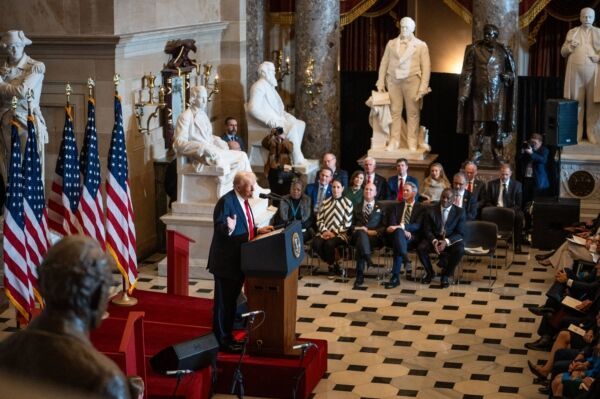


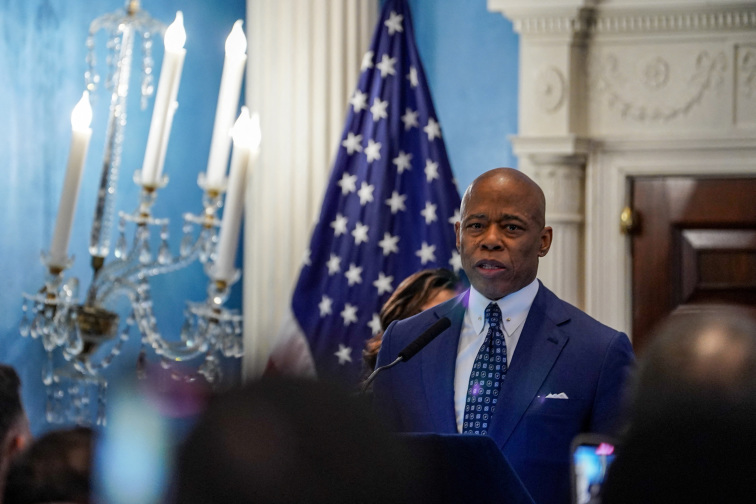
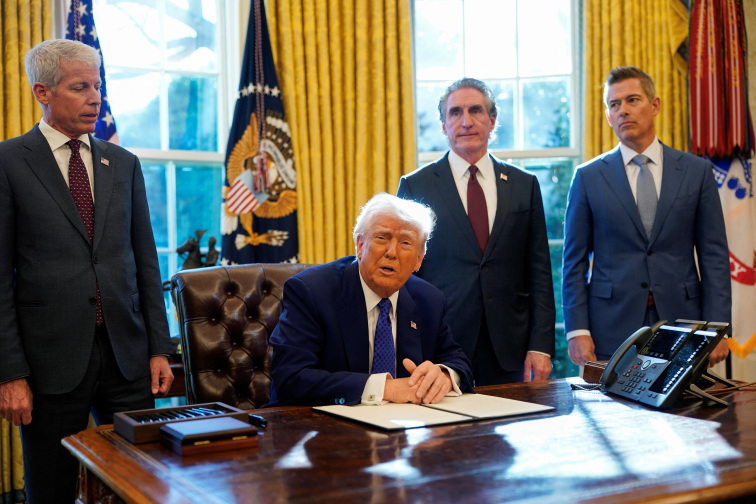

News magazine bootstrap themes!
I like this themes, fast loading and look profesional
Thank you Carlos!
You're welcome!
Please support me with give positive rating!
Yes Sure!